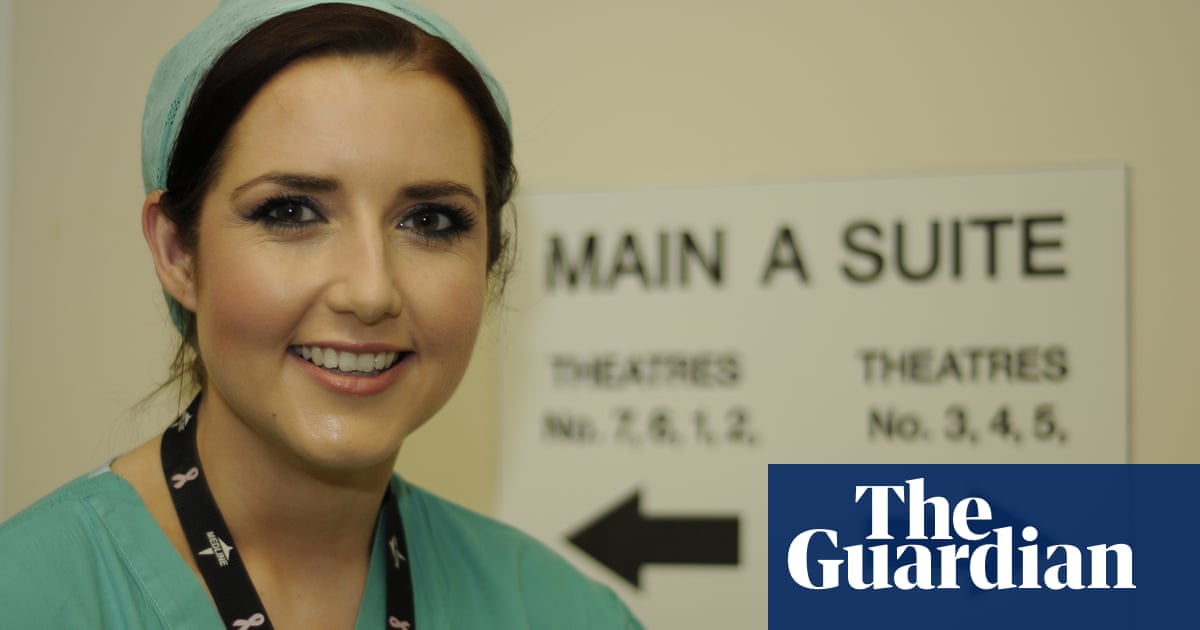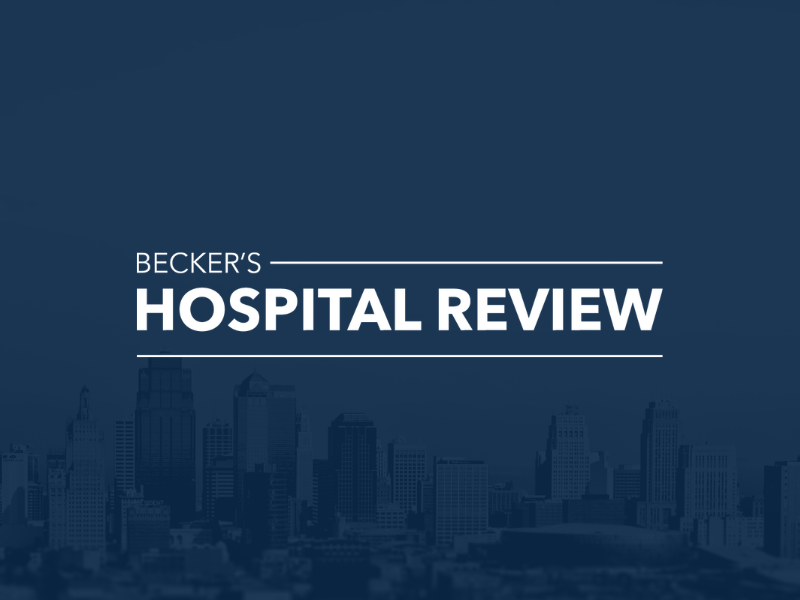When I was interviewing at an academic practice, a scheduling change meant that I met with the chief critical care NP, rather than one of the other attendings during a block of time on interview day. I remember her telling me to my face that she and her colleagues do everything themselves, and there is nothing that I, as the attending in the unit, add to what she and her colleagues do. Only a surgeon would add anything on top of her abilities, she said. The units where they worked were a 30ish bed neuro ICU (1 attending, ~4-5 NPs) and a general surgical ICU (10-12 beds, one attending and one to two NPs). I have encountered similar attitudes and staffing patterns at other academic centers, as well, so I doubt this was a one-off. I encountered something similar at a private hospital, where there were two teams, each staffed with a physician and a mid-level (usually PA there, due to the presence of a PA school), with the patients on each team divided between the two of them, and the mid-level functioning independently "with some oversight as needed." The proliferation of NP and PA "fellowships" will only exacerbate these situations.





